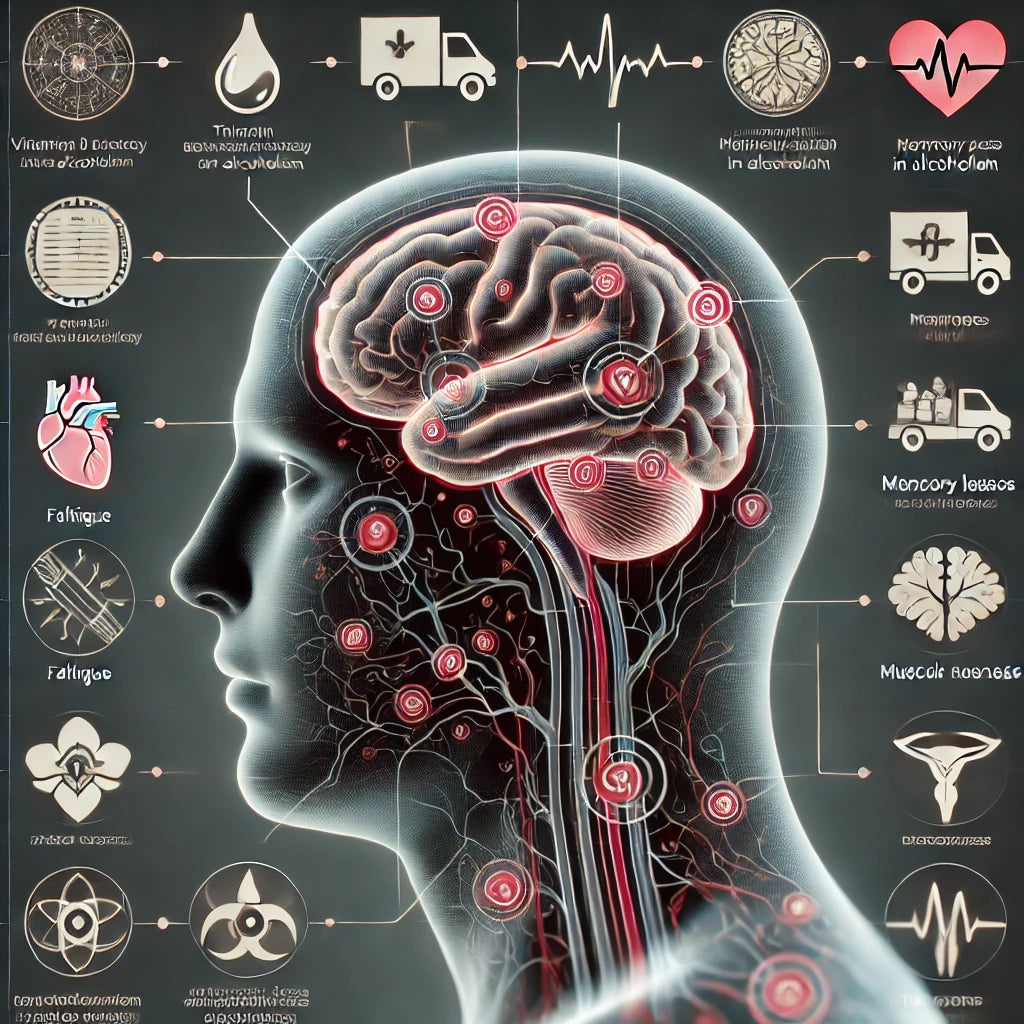News — alcoholism
Breaking the Cycle: Addressing Alcoholism and Mental Health
addiction treatment alcohol abuse alcohol addiction alcohol and mental health alcoholism breaking the cycle coping mechanisms counseling detox mental health mental health solutions mental wellness mindfulness overcoming addiction recovery recovery resources rehab support systems therapy
Alcoholism and mental health are deeply intertwined, forming a cycle that can feel impossible to escape. For many, alcohol is used as a coping mechanism for dealing with mental health challenges like anxiety, depression, or trauma. Unfortunately, this reliance on alcohol often exacerbates these issues, creating a destructive loop that impacts every aspect of life.
Breaking free from this cycle requires more than willpower; it demands a comprehensive approach that addresses both the addiction and the underlying mental health struggles. By exploring the connections between alcoholism and mental health, understanding treatment options, and embracing a support network, individuals can reclaim their lives and build a healthier, more fulfilling future.
Thiamine and Alcoholism: Understanding the Risks and Prevention
alcohol alcohol use disorder alcoholism alcoholism risks B vitamins Brain Health cognitive health dietary sources energy metabolism health complications mental health neurological health nutrition in recovery prevention thiamine thiamine deficiency thiamine supplements vitamin B1 deficiency Wernicke-Korsakoff syndrome
When it comes to maintaining our health, nutrition plays a foundational role in ensuring that our bodies and minds function optimally. One of the most critical vitamins for both mental and physical well-being is thiamine, also known as vitamin B1. However, individuals who struggle with alcoholism often experience a deficiency in thiamine, which can lead to severe, even life-threatening health issues. Understanding the relationship between thiamine and alcoholism is crucial for anyone working in healthcare, individuals recovering from addiction, or loved ones seeking information to support a family member.
This article delves into why thiamine deficiency is common among those with alcoholism, the health risks associated with this deficiency, and what can be done to counteract the effects. Armed with knowledge, those affected can take proactive steps to protect their health, seek necessary medical intervention, and make dietary changes to mitigate the risks of this dangerous combination.


